Dan Fumano: Most homeless people are not violent and not all mentally ill people use drugs, or vice versa. But these issues are intertwined and B.C.'s municipal leaders say the combined problems seem to be getting worse.
Get the latest from Dan Fumano straight to your inbox
Published Sep 17, 2024 • 4 minute read

The wicked, intertwined nature of the problems facing B.C. communities of all sizes was described from the frustrated and fatigued perspectives of municipal politicians, staff, law enforcement and public health at the Union of B.C. Municipalities conference on Tuesday.
A community’s lack of housing leaves low-income people vulnerable to predatory slumlords and living in substandard conditions, exacerbating their mental-health problems.
Advertisement 2
THIS CONTENT IS RESERVED FOR SUBSCRIBERS ONLY
Subscribe now to read the latest news in your city and across Canada.
- Unlimited online access to articles from across Canada with one account.
- Get exclusive access to the Vancouver Sun ePaper, an electronic replica of the print edition that you can share, download and comment on.
- Enjoy insights and behind-the-scenes analysis from our award-winning journalists.
- Support local journalists and the next generation of journalists.
- Daily puzzles including the New York Times Crossword.
SUBSCRIBE TO UNLOCK MORE ARTICLES
Subscribe now to read the latest news in your city and across Canada.
- Unlimited online access to articles from across Canada with one account.
- Get exclusive access to the Vancouver Sun ePaper, an electronic replica of the print edition that you can share, download and comment on.
- Enjoy insights and behind-the-scenes analysis from our award-winning journalists.
- Support local journalists and the next generation of journalists.
- Daily puzzles including the New York Times Crossword.
REGISTER / SIGN IN TO UNLOCK MORE ARTICLES
Create an account or sign in to continue with your reading experience.
- Access articles from across Canada with one account.
- Share your thoughts and join the conversation in the comments.
- Enjoy additional articles per month.
- Get email updates from your favourite authors.
Sign In or Create an Account
or
Article content
They soon find themselves homeless and, with no private space of their own, use drugs in public.
Public drug use sometimes creates conflict with other community members, turning public opinion against having supervised consumption sites and other harm-reduction services in communities.
But those harm-reduction services are crucial to keeping people alive, so that they can eventually seek treatment for their addictions and get healthier.
And when people do try to seek treatment for their addiction, it is often not available. So they find themselves on the street again, using drugs in dangerous situations.
And then they often overdose on toxic drugs and die — as more than 14,000 British Columbians have done since B.C. declared a public health emergency in 2016.
The large panel discussion at the UBCM conference focused on public safety, mental health and addictions. Several resolutions being considered at the convention later this week dealing with the same subjects, and they are shaping up to be major issues in next month’s provincial election.
Most homeless people are not violent and not all mentally ill people use drugs, or vice versa. But these issues are intertwined and B.C.’s municipal leaders say the combined problems seem to be getting worse.
By signing up you consent to receive the above newsletter from Postmedia Network Inc.
Article content
Advertisement 3
Article content
In his opening remarks before Tuesday’s panel, B.C. Public Safety Minister Mike Farnworth began by acknowledging the “tragic and shocking” random assault earlier this month in downtown Vancouver that left one man dead and another maimed.
Such attacks are statistically rare but extremely disconcerting, and many municipal leaders are worried.
On Sunday, one day before the beginning of the UBCM convention, B.C. Premier David Eby announced that the B.C. NDP would, if re-elected, create 400 involuntary care beds in prisons and hospitals for people with severe mental illness and addiction.
B.C. Conservative Leader John Rustad, too, said “compassionate involuntary care” needs to be a key piece of B.C.’s strategy, but criticized Eby for “flip-flopping on policy.”
The morning after Eby’s announcement, a coalition of elected leaders from 10 B.C. cities — including those visiting from Vancouver Island, the Interior, and Northern B.C. — and three First Nations gathered outside of Vancouver City Hall for their own press conference, calling on the federal government to do more to tackle the public safety, mental health and addictions crisis.
Advertisement 4
Article content
At Tuesday’s panel discussion, Kelowna Mayor Tom Dyas said his city has identified 20 repeat offenders who are responsible for a combined 3,500 “negative interactions” with police.
“Bylaw officers and RCMP have changed to medical first responders in a lot of situations,” Dyas said.
Fort St. John chief administrative officer Milo Macdonald, a former RCMP officer, said that in his northern B.C. community of about 22,000, “our drug trafficking is nearly unchecked.”
“My understanding was that the rationale for decriminalization was to reduce the stigma so that people could seek treatment,” Macdonald said. “But we’re not seeing the availability of treatment or detox in our community … Even those who are willing to seek treatment don’t have the ability to access it.”
Vancouver Coastal Health’s deputy chief medical officer Mark Lysyshn said: “We’re seeing more and more people who are struggling with housing, and that puts more and more people on the street, and then when people see people on the street using drugs or doing other things, it leads to conflict. People then lose support for the services that are needed to keep those people safe.”
Advertisement 5
Article content
“In the past weeks and months, there’s been a lot of discussion about harm reduction versus treatment, it’s like it’s a war between them. But these services work together,” Lysyshn said. “Harm reduction services keep people alive so that they can be connected to treatment.”
No clear solutions were presented at Tuesday’s panel. But these discussions will likely continue, on convention centre stages, in closed-door meetings, and in informal hallway chats, for the rest of the week.
Recommended from Editorial
-

Drugs, homelessness, street disorder: What's top of mind at this year's B.C. municipal conference?
-

B.C. mayors seek immediate action from governments on public safety
Bookmark our website and support our journalism: Don’t miss the news you need to know — add VancouverSun.com and TheProvince.com to your bookmarks and sign up for our newsletters here.
You can also support our journalism by becoming a digital subscriber: For just $14 a month, you can get unlimited access to The Vancouver Sun, The Province, National Post and 13 other Canadian news sites. Support us by subscribing today: The Vancouver Sun | The Province.
Article content
.png)
 2 days ago
13
2 days ago
13


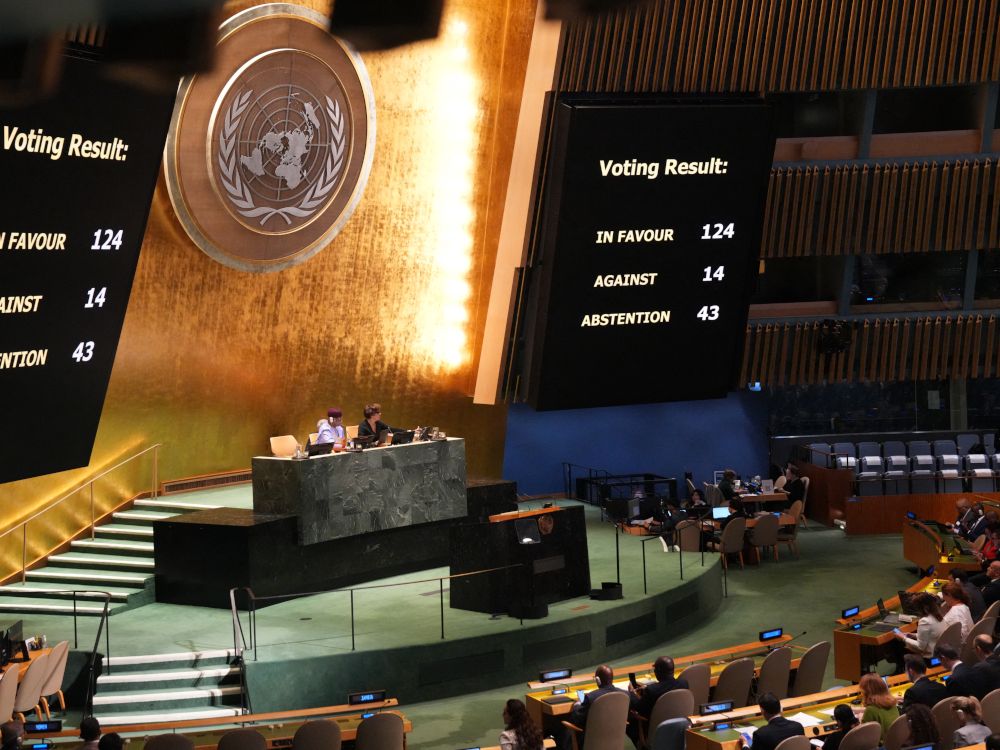
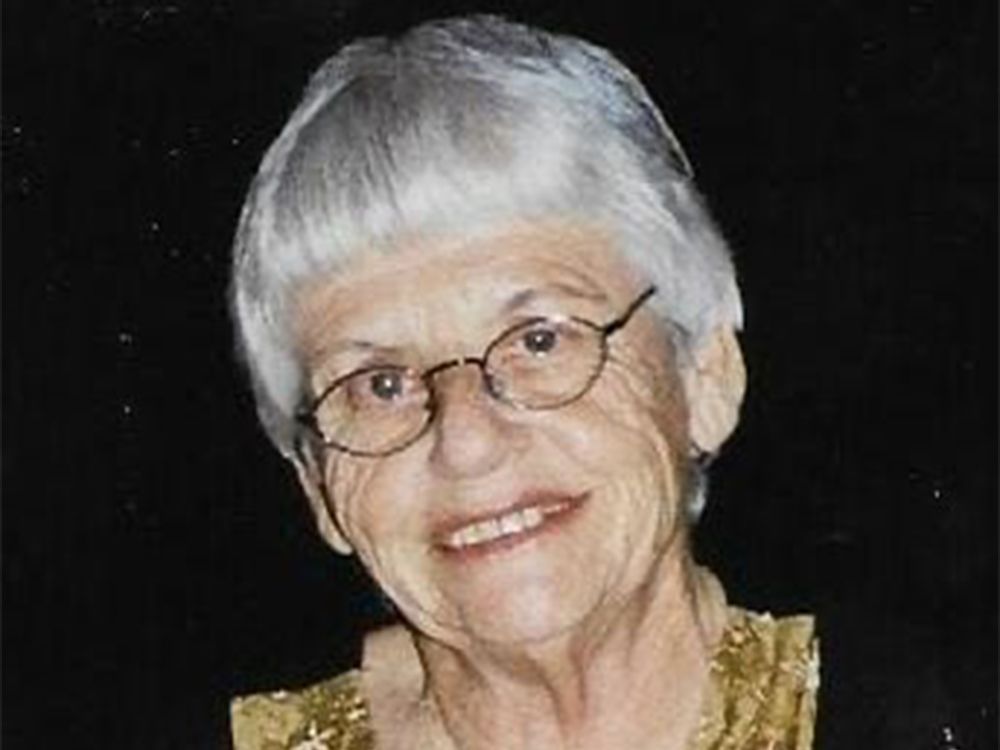



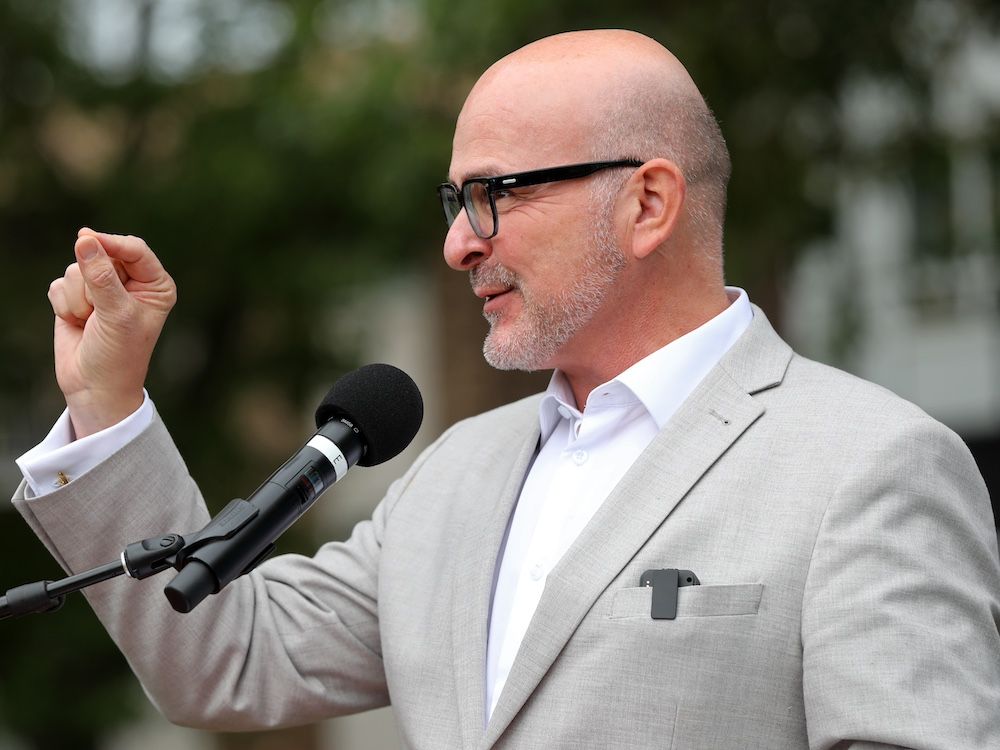
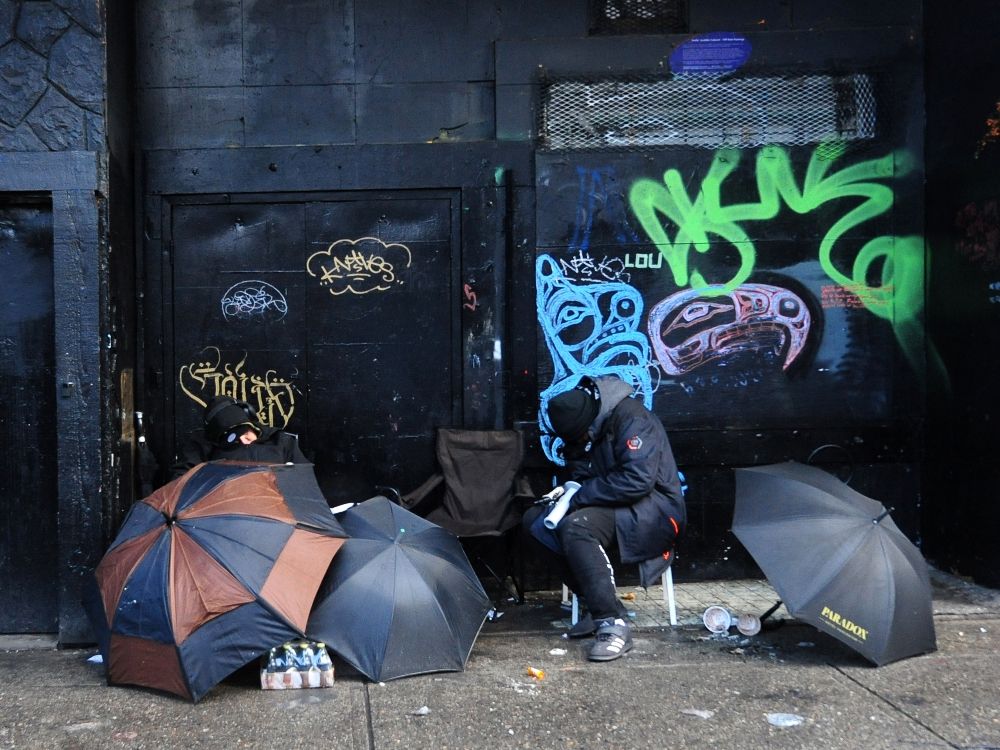
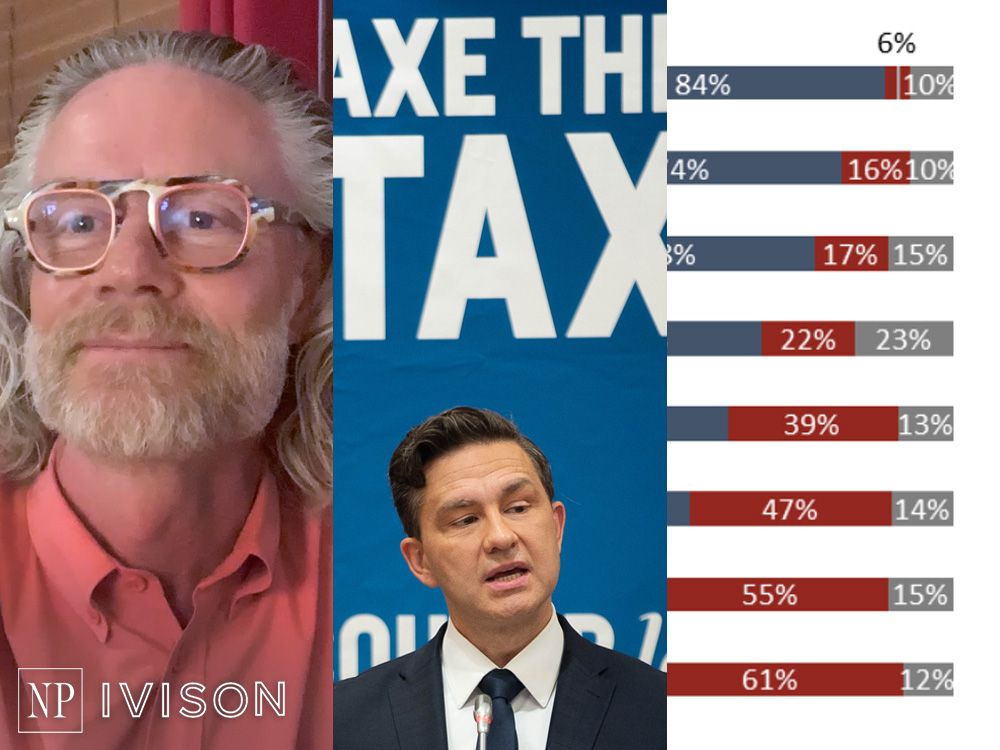
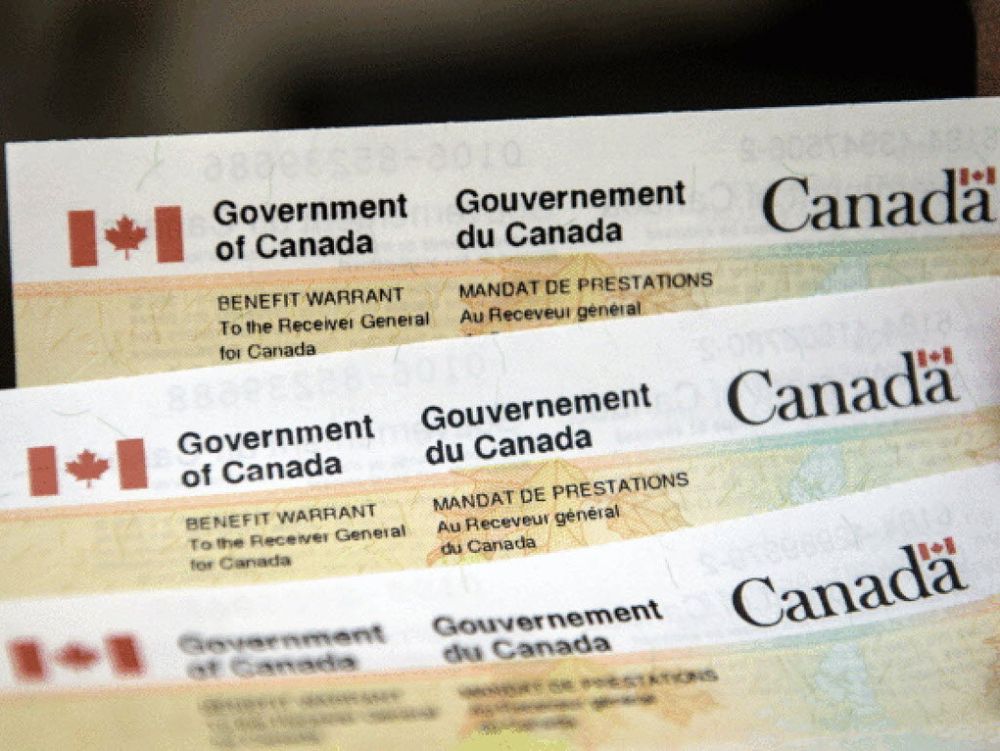
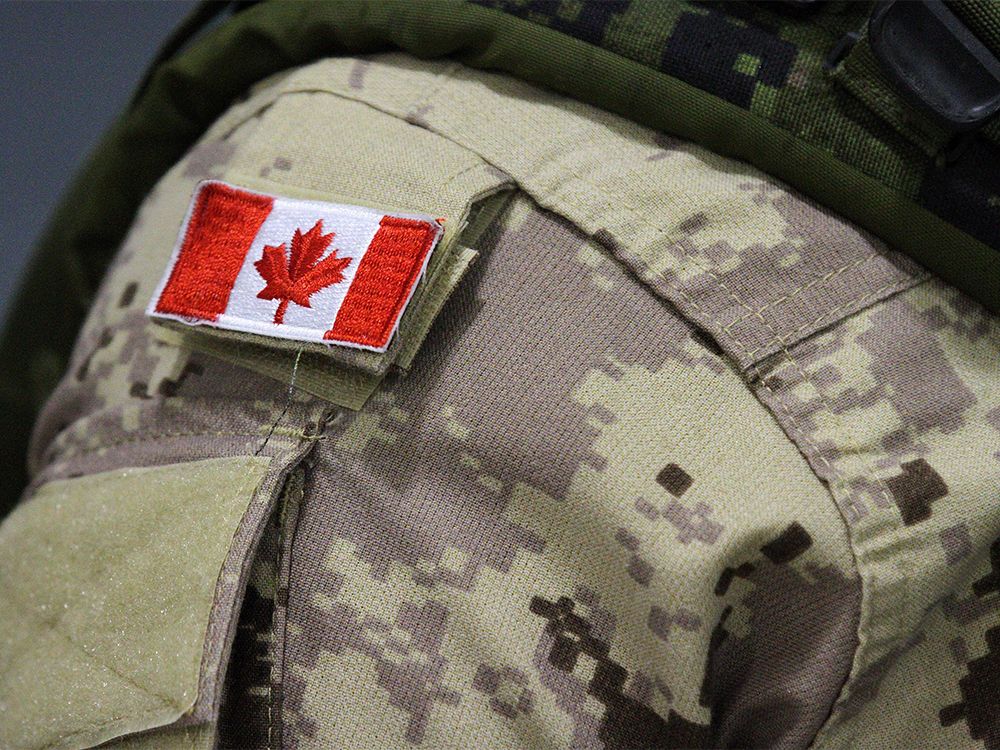























 Bengali (BD) ·
Bengali (BD) ·  English (US) ·
English (US) ·